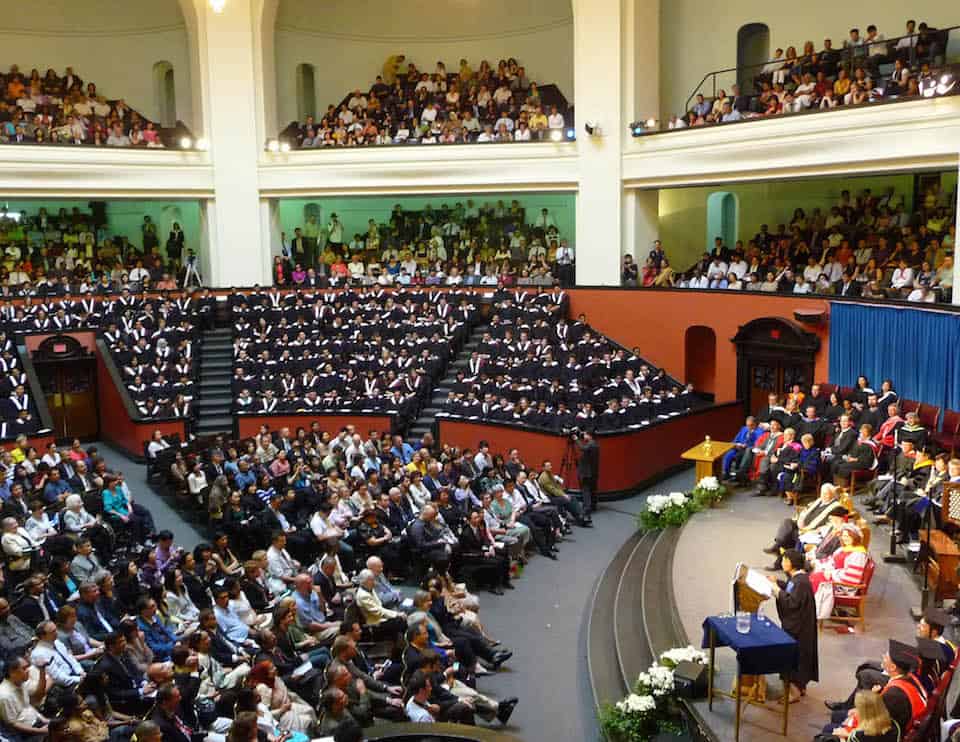It had occurred to me well before convocation that the vexing and enlightening journey that university has been these past four years, seems to have a larger, richer, purpose than that which the average student might readily accept.
With a brief sense of revelation, I thought, rather than systematically increasing my knowledge of the world, my undergraduate education instead has revealed to me that despite humankind’s great innovations, much remains to be discovered and remedied.
The university has above all else instilled in me a particular disposition, a predilection in my habits of mind, which values logical reasoning, intellectual rigor, a healthy dose of skepticism, and the cosmopolitan spirit.
If you have ever taken the time to ask yourself: to what purpose, or of what value is all that I am going through? The answer doubtless lies beyond the content of the lecture notes and PowerPoint slides with which you are engaging. John Dewey’s progressive philosophy of education bares great importance to the body of American thought.
In his Experience and Education, Dewey writes: “Perhaps the greatest of all pedagogical fallacies is the notion that a person learns only what he is studying at the time. Collateral learning in the way of formation of enduring attitudes… often is more important than the spelling lesson or lesson in geography or history… For these attitudes are fundamentally what count in the future.”
In other words, your stint at the university should furnish you with a lively sense of curiosity that is a byproduct of an educated imagination; it is how you ought to learn that will take precedence over what you happened to be learning. The course content is only the tip of the iceberg.
The challenge facing educators and universities today is how to shape students self-learning even after they graduate. Education, understood in terms of teaching an individual how to self-administer education, can be viewed as a subversive activity.
Recognition of the lifelong value of education is liberating. It is exhilarating to envision the transformative endeavours you may embark on, the innovations you may one day stand behind, the social or political causes you may champion or engineer, and to envision the world changing as a result of your ideations.
It is lamentable, that answers to questions concerning the value of education are often muddled, by the immediate sense of drudgery that stimulated the questions in the first place. As a recently minted alumnus — and one who is nevertheless far from abandoning the corridors of the ivory tower — I wholeheartedly hope that, in times of despair, you find solace in the priceless rewards of learning how to learn.
Omar Bitar recently graduated from University College, where he studied sociology and neuroscience.


